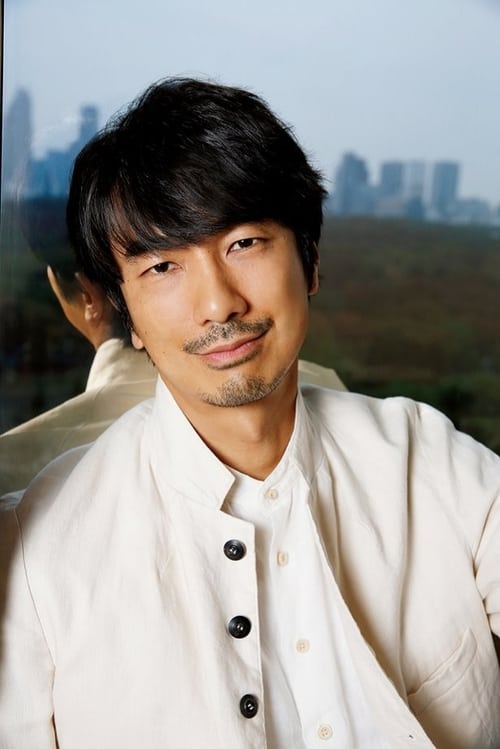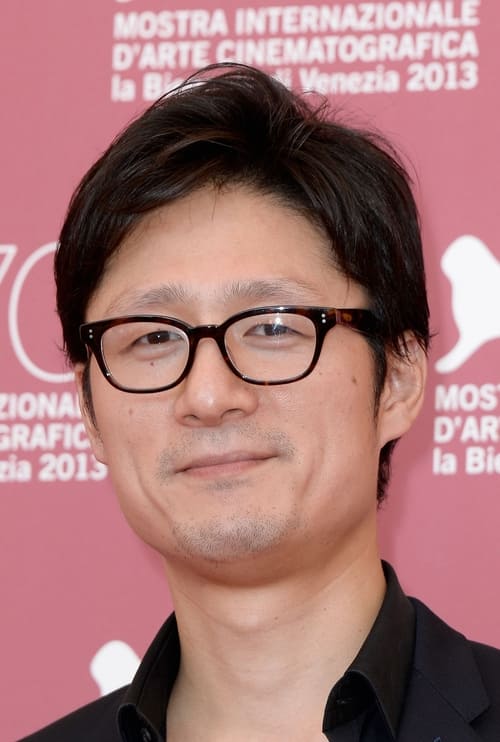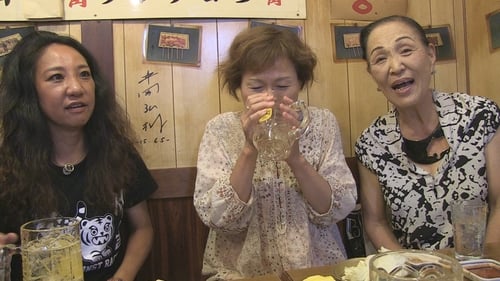Chong (2000)
Género : Drama
Tiempo de ejecución : 54M
Director : Lee Sang-il
Sinopsis
Ao Chong is the first feature film directed by Lee Sang-Il about Korean high school students growing up in Japan.

Un asesino va a Tailandia para resolver un caso de secuestro vinculado a él y se ve perseguido por un hombre a cuyo hermano mató.
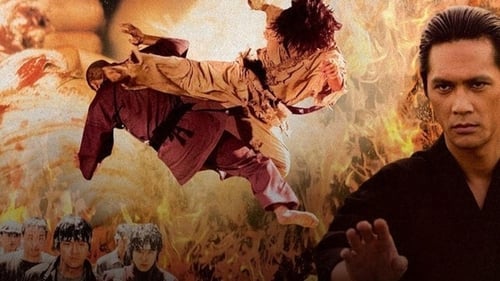
Basada en la vida del legendario karateca corenao Choi Bae-Dal (1922-1994), la película sigue a este personaje histórico desde que con 11 años contempla cómo Beom-Su, uno de los empleados de su padre, pelea contra oficiales japoneses en el mercado de Gimjae hasta que se convierte en uno de los mayores expertos en artes marciales de todos los tiempos. A los 18 años, Bae-Dal viaja a Japón con la intención de alistarse en una escuela de aviación, pero en su lugar se ve forzado a participar en el programa Kamikaze. Tras ser humillado por el instructor japonés Kato, comienza a vagar por las calles de Tokyo defendiendo a los más débiles. Una serie de dramáticos sucesos empujarán a Bae-Dal a completar su entrenamiento y embarcarse en un viaje, a través de Japón, en el que se enfrentará a los más grandes maestros de artes marciales del país.
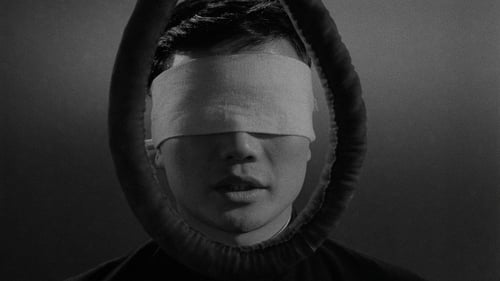
Koshikei relata las vicisitudes de R, un joven coreano que es acusado de violar y matar a dos mujeres y, por tanto, condenado a morir en la horca. Pero algo falla en la ejecución: R sobrevive y se queda amnésico. El comité organizador decide que, para que la ejecución sea eficaz, primero hay que conseguir que R recuerde quién es y lo que ha hecho.
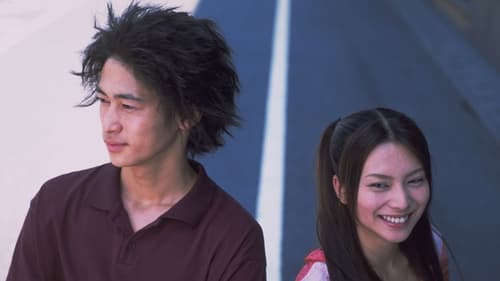
Sugihara es un joven coreano residente en Japón que, a pesar de ser inmigrante de segunda generación, trata de integrarse en un mundo que le discrimina racialmente.
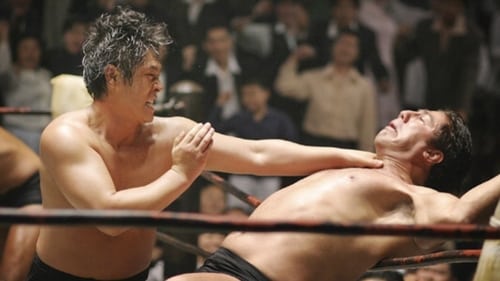
Story of Rikidozan, a sumo wrestler who can only achieve limited success in Japan because he's half Korean. But when Rikidozan goes to the United States and discovers professional wrestling, he becomes a hero back home.
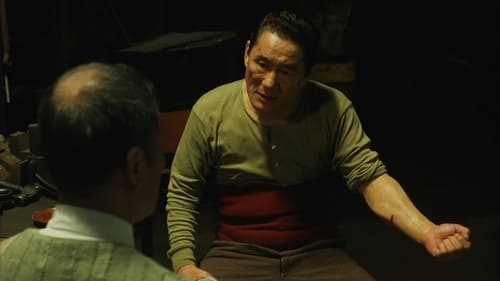
In 1923, teenager Kim Shun-Pei moves from Cheju Island, in South Korea, to Osaka, in Japan. Along the years, he becomes a cruel, greedy and violent man and builds a factory of kamaboko, processed seafood products, in his poor Korean-Japanese community exploiting his employees.
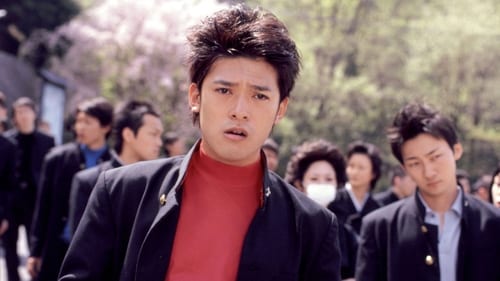
Romeo, A.K.A. Kosuke Matsuyama, is a second-year high school student. A nice, normal, nonviolent type, he suddenly finds himself in the middle of a rampaging crowd of Korean boys, outraged by insults perpetrated by several of his idiotic class-mates on two Korean girls. He makes a narrow escape, but soon after, he and his best bud Yoshio are sent by their home-room teacher to invite the Korean students to a friendly soccer game as a way of restoring the peace.

Set in the 1970's in the Kansai region of Japan.. Yong-Gil is Korean, but he moved to Japan and settled down. He runs a small restaurant named Yakiniku Dragon. He is married and has three daughters: oldest daughter Jung-Hwa, middle daughter Yi-Hwa and youngest daughter Mi-Hwa. Oldest daughter Jung-Hwa is dating Tetsuo, but they break up. Middle daughter Yi-Hwa loves Tetsuo and marries him, but Tetsuo still loves her older sister and they divorce. Youngest daughter Mi-Hwa wants to become a singer, but she is in love with a married man.
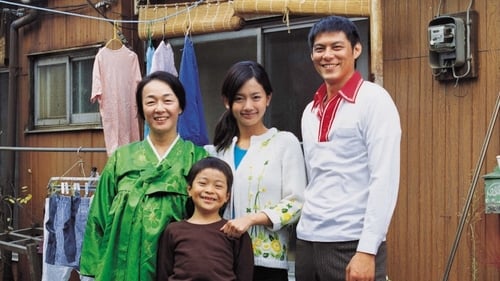
In 1974, during the height of the recession, a Japanese Korean family relocates to Tokyo to raise money and seek better treatment for their ill son.

In 1948, after the Japan’s defeat, the General Headquarters and Japanese government ordered that the Chosen gakko, schools for Koreans in Japan,ō be shut down. Koreans in Osaka strongly resisted, and 16-year-old Kim Taeil was even shot and killed by the police. This was the Hanshin Education Incident. 70 years have passed, but the Japanese oppression continues. They've removed the Chosen gakkoō from being eligible for free education. Gaining strength from the growing hatred from the conservatives, the Abe administration is misusing the educational issue as a means to cause political strife. In the midst of ongoing conflicts in Japan, nonfiction writer KO Chanyu has directed Korean Schools in Japan, compiling a history of the Koreans' fight for education.
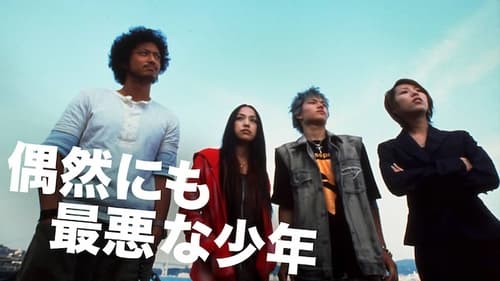
He can't control himself inside of him. Hidenori, a Japanese-Korean, hasn't seen his family in a few years. He doesn't want to go to school but just wander the streets. He always grins at a trifle. When he is caught stealing and he feels pain as his finger is cut off, he just smiles. He murmurs "Should I commit suicide?" in front of his dead sister. Yumi, an obsessive-compulsive girl, has a sticky finger. A boy who wanders the Sybuya. They join Hidenori's reckless plan by chance. They plan to stow away in order to show Korea to his sister, who has never seen the motherland. Three people who are out of this world and the dead go toward Hakata.
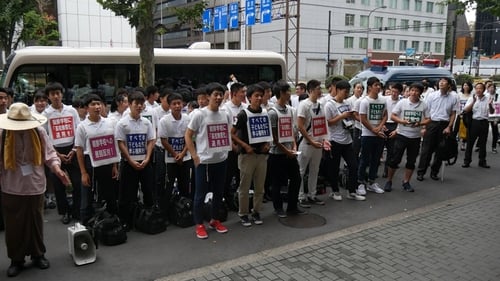
After 15 years of knowing Chosun people in Japan I met on Mt. Geumgang in 2002, I face the history of colonization and division that I had not known before. They’ve been to North Korea many times, but never to South Korea. They tell us why they want to live as Chosun people despite the discrimination in Japanese society.
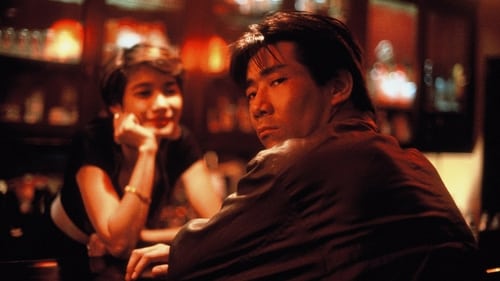
A Korean taxi-driver interacts both humorously and tragically with his customers and employers in '90s Tokyo.
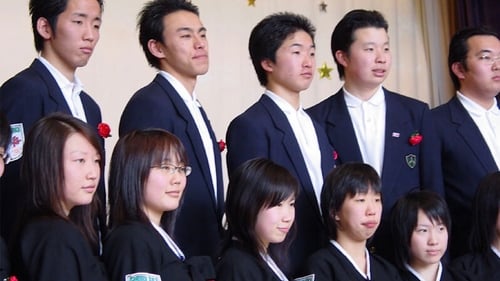
This documentary is about the 3rd and 4th generation Korean residents of Japan who are students of Chosen elementary, middle, and high school in Hokkaido. It follows the students through one year of the eventual 11 years` national education. Rather than focusing on special occasions or issues, it reveals what it is like to live in Japan as Korean-Japanese by describing their everyday lives.

Dear Pyongyang is a documentary film by Zainichi Korean director Yang Yong-hi (Korean: 양영희, Hanja: 梁英姬) about her own family. It was shot in Osaka Japan (Yang's hometown) and Pyongyang, North Korea, In the 1970s, Yang's father, an ardent communist and leader of the pro-North movement in Japan, sent his three sons from Japan to North Korea under a repatriation campaign sponsored by ethnic activist organisation and de facto North Korean embassy Chongryon; as the only daughter, Yang herself remained in Japan. However, as the economic situation in the North deteriorated, the brothers became increasingly dependent for survival on the care packages sent by their parents. The film shows Yang's visits to her brothers in Pyongyang, as well as conversations with her father about his ideological faith and his regrets over breaking up his family.

Osaka Korean High School has provided education for the past six decades to the children of pro-North Korean residents in Japan. This school is located only about 20 minutes away from Hanazono Stadium, the mecca of Japan’s high school rugby, but it was not until 1994, 18 years after the foundation of a rugby team at the high school, that the Japanese education ministry approved the team’s entry into the official league. Since then, the team has run in the national league as a representative of the Osaka area and been considered a front-runner ever since. The team has strong players and passionate supporters, but it faces difficulties just before winning the league.
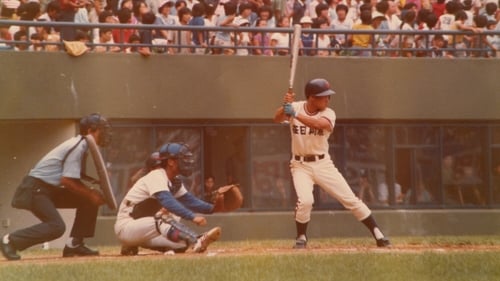
In April 2013, unfamiliar faces appear at the Jamsil Baseball Stadium during the opening matches between Doosan and SK. The nervous middle-aged men throwing and batting the first ball are, in fact, Korean-Japanese former team members that played on that same spot in the 1982 finals of the Bong-hwang-dae-ki games.

This is the true story of Kim Hee-ro and his fight for justice in Japan. On February 20, 1968, two Japanese gangsters were killed in a cabaret in Shizuoka, Japan. Kim Hee-개, a Korean resident of Japan, was accused of th crime. Kim held 13 people hostage in a nearby hotel, trying to have his story of constant intimidation and threats by the gangsters told, but eventually he was captured and sentenced to life imprisonment.

When poverty-stricken Korean-Japanese (Zainichi) discover there is valuable iron ore in the rubble of a destroyed shantytown they plan to haul it out for profit. Amidst this plan there is discrimination, war and an infatuation between a man and a woman, but like everything around them there and owing to the forces around them, there is as much chance that these may burn to ashes and be destroyed or be the beginning of something new.
